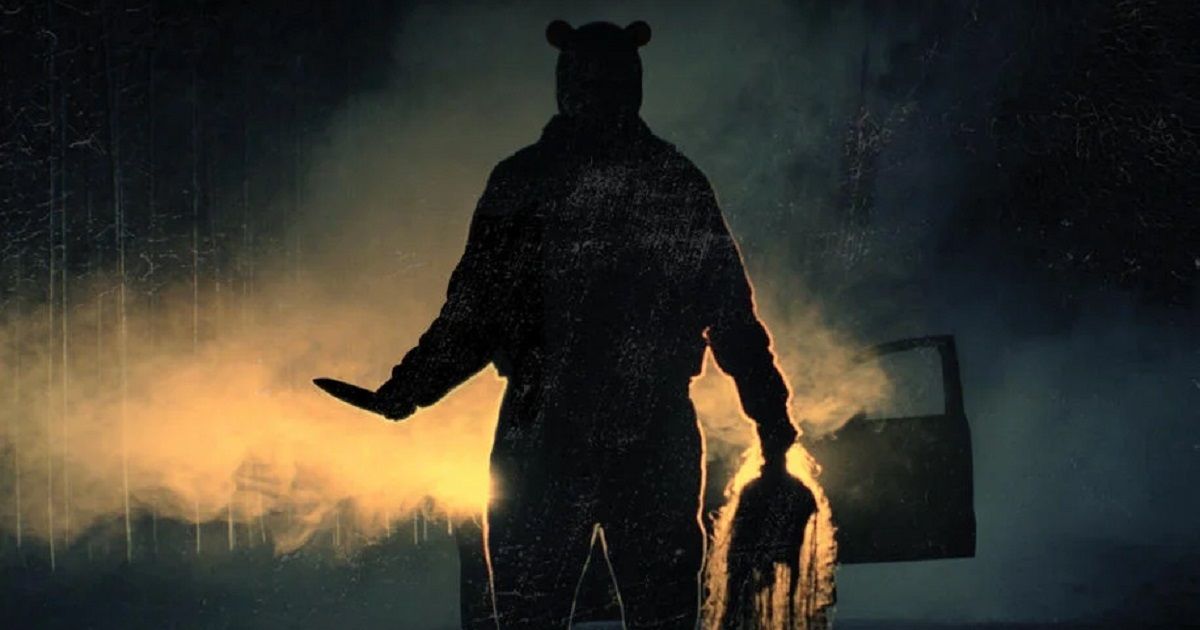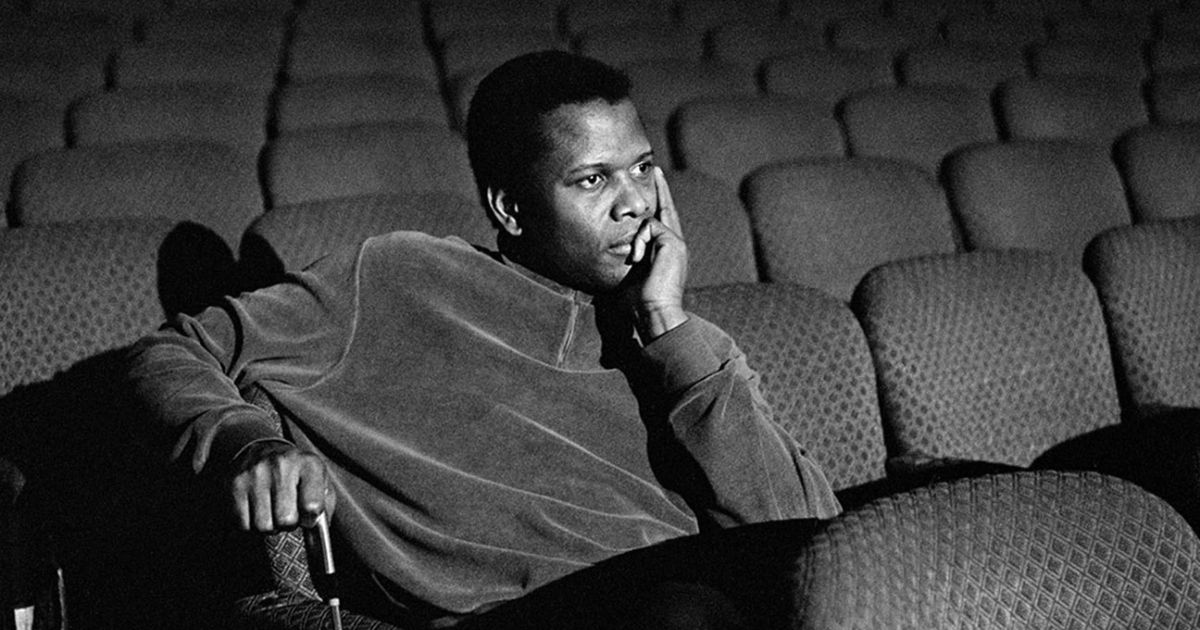“Isabel,” like all good biopics, reveals the person behind the legend, humanizing its protagonist and reminding viewers that the path to greatness is never assured and rarely foreseen. It has plenty of literary easter eggs for the author’s fans, particularly when recounting Isabel’s childhood. And the miniseries shines in dramatizing the creative process. We see Isabel starting her writing career and floundering in her first editorial meeting, unsure of what to pitch or even where to start. At home, she gets an idea to satirize the types of (ineffectual) husbands and soon she’s scribbling away. Her editor encourages her and she grows in confidence, penning one piece after another. It’s an inspiring case study on how someone starts writing, finds inspiration, and hones their craft.
Allende’s writing is political and her life is too, with “Isabel” portraying her activism as part accident and part heroism, avoiding the temptation to lionize her. The most obvious example occurs after the assassination of Allende’s uncle, Chilean President Salvador Allende, in a coup that installed General Augusto Pinochet as Chile’s brutal dictator. Isabel goes to check on one of her colleagues from the magazine and sees the violence inflicted on him by the new regime. Worried for his life, she helps him get out of the country. And she keeps helping people escape, while knowing that doing so endangers her family, until her children are kidnapped in a warning from the state.
More than once, we see Isabel make this choice to put her goals over her children—whether it’s in resisting Pinochet or fighting for her own happiness—and I appreciate how the series doesn’t demonize or romanticize her for it. Instead, it lets these choices breathe, showing how they eventually make her the writer she becomes. Take how they portray her exile in Venezuela as a difficult but not defining period. She can’t find work there, falls into a depression, has an affair. And she abandons her kids, leaving them behind to see if she has better luck in Spain with her lover. But “Isabel” refuses to damn her for it. Yes, it shows the pain this choice wrought but it also connects it to our heroine’s later success. For it is after she returns to her family, shamed but not broken, that she begins writing her first book, La casa de los espiritus/The House of Spirits. Arguably (and “Isabel” does seem to present it this way), one thing leads to the other; her own complicated relationship to her family allows her to plumb the depths of her nation’s and personal history and turn it into a masterpiece.
You can view the original article HERE.




























